Switzerland, with its scenic landscapes, charming cities, and picturesque alpine villages, is a dream destination for many travelers. However, it’s also known to be one of the most expensive countries in the world. But with proper planning, you can explore Switzerland on a budget without compromising on the experience. Here’s a comprehensive guide to help you plan an exciting yet affordable 10-day trip to Switzerland.
1. Planning Your Budget Trip: Things to Consider
Before diving into the itinerary, here are some essential factors to consider to make your trip budget-friendly:
- Season: Traveling in the shoulder seasons (April-May or September-October) is ideal since flights, accommodation, and activities are cheaper compared to peak summer or winter months.
- Passes: Switzerland offers several travel passes like the Swiss Travel Pass or Regional Passes that can save you money on public transport and attractions.
- Public Transport: Use trains and buses instead of taxis. Switzerland’s transport system is efficient and well-connected.
- Accommodation Options: Hostels, Airbnb, and budget hotels are the way to go. Consider staying in small towns instead of major cities to reduce accommodation costs.
- Self-Catering: Cooking your meals or having quick bites at local bakeries can drastically cut down on food expenses.
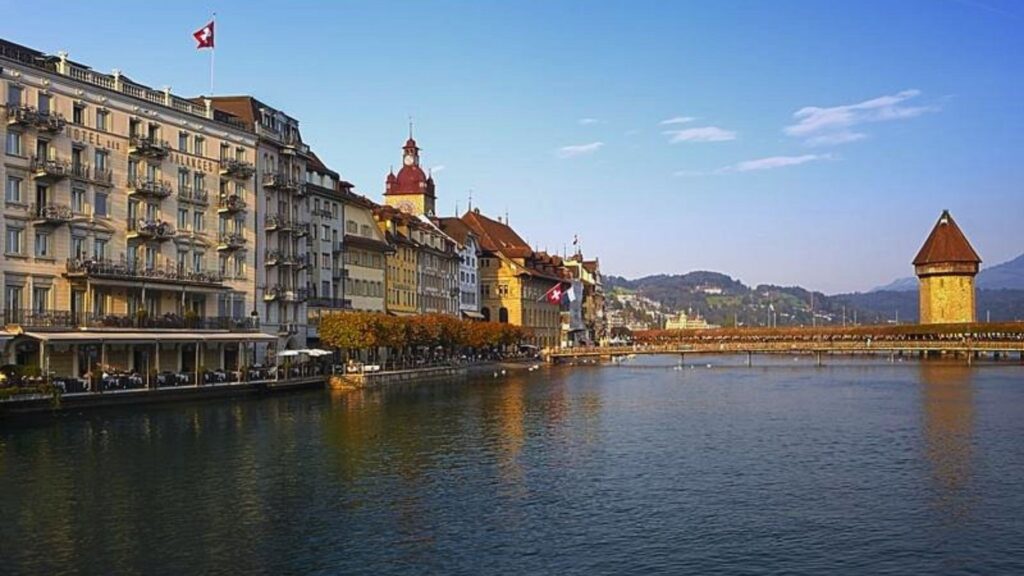
Day-by-Day Budget Itinerary for Switzerland
Day 1-2: Zurich – The Gateway to Switzerland
Highlights: Old Town, Lake Zurich, Uetliberg Mountain
Zurich is the largest city in Switzerland and a great starting point for your trip. Despite being a financial hub, there are several free or low-cost activities to enjoy.
Things to do:
- Explore the Old Town (Altstadt) on foot and admire the charming streets and historic churches like Grossmünster.
- Walk along the Bahnhofstrasse, one of the world’s most famous shopping streets, and indulge in window shopping.
- Take a ferry ride across Lake Zurich (short rides are budget-friendly) and enjoy views of the Swiss Alps in the distance.
- For some light hiking, head to Uetliberg Mountain, where you get panoramic views of Zurich.
Accommodation: Stay in a hostel like Youth Hostel Zurich or look for affordable Airbnb stays.
Food Tips: Head to supermarkets like Coop or Migros for sandwiches and snacks. Alternatively, try street food like sausages at local vendors.
Day 3-4: Lucerne – The City of Water and Mountains
Highlights: Chapel Bridge, Mount Pilatus, Lake Lucerne
Lucerne is a postcard-perfect city known for its medieval architecture and breathtaking lake views.
Things to do:
- Walk along the Chapel Bridge (Kapellbrücke) and enjoy the beautiful murals painted along it.
- Visit the Lion Monument (Löwendenkmal), a sculpture dedicated to Swiss Guards who died during the French Revolution.
- Take a boat ride on Lake Lucerne or rent a paddleboat for a budget-friendly adventure.
- Instead of taking the expensive cable car to Mount Pilatus, opt for a hiking trail from Alpnachstad if you’re fit for it.
Accommodation: Look for budget hotels or hostels near the lake. The Backpackers Lucerne hostel is a great option.
Food Tips: Grab a picnic lunch from a grocery store and enjoy it by the lake to save on restaurant expenses.
Day 5-6: Interlaken and Lauterbrunnen – Alpine Adventures
Highlights: Harder Kulm, Trümmelbach Falls, Lauterbrunnen Valley
Interlaken is a hub for adventure sports and scenic excursions. However, thrill activities like skydiving and paragliding can be expensive, so here’s how to enjoy the area without breaking the bank.
Things to do:
- Visit the Harder Kulm viewpoint for stunning views of Lake Thun and Lake Brienz.
- Spend a day in Lauterbrunnen Valley, famous for its 72 waterfalls. Hike or bike along the valley to explore the beautiful scenery.
- Don’t miss the Trümmelbach Falls, which flow inside the mountain—a small entrance fee applies.
- Take a budget-friendly train ride to Grindelwald, a charming village known for its scenic walking trails.
Accommodation: Stay in hostels or campsites in Interlaken or Lauterbrunnen. Hostels like Balmers Hostel offer affordable dorm rooms.
Food Tips: Make use of hostel kitchens to prepare meals. Try the local cheese and bread available in supermarkets for a budget-friendly snack.
Day 7-8: Zermatt – Home to the Matterhorn
Highlights: Matterhorn, Gornergrat Railway, Hiking Trails
Zermatt is a car-free village nestled in the shadow of the iconic Matterhorn mountain. While Zermatt can be expensive, there are ways to enjoy the area on a budget.
Things to do:
- Stroll through the charming village and enjoy views of the Matterhorn from afar.
- Instead of taking the expensive Gornergrat Railway, hike one of the trails leading to Gornergrat for free.
- Visit the Matterhorn Museum to learn about the history of mountaineering in the region.
- If you’re visiting in summer, take advantage of the free hiking trails in the area.
Accommodation: Look for hostels or budget guesthouses in Täsch, a small town near Zermatt, with easy access to the village by train.
Food Tips: Avoid the expensive restaurants in Zermatt—buy snacks and food from grocery stores and have a picnic in the scenic outdoors.
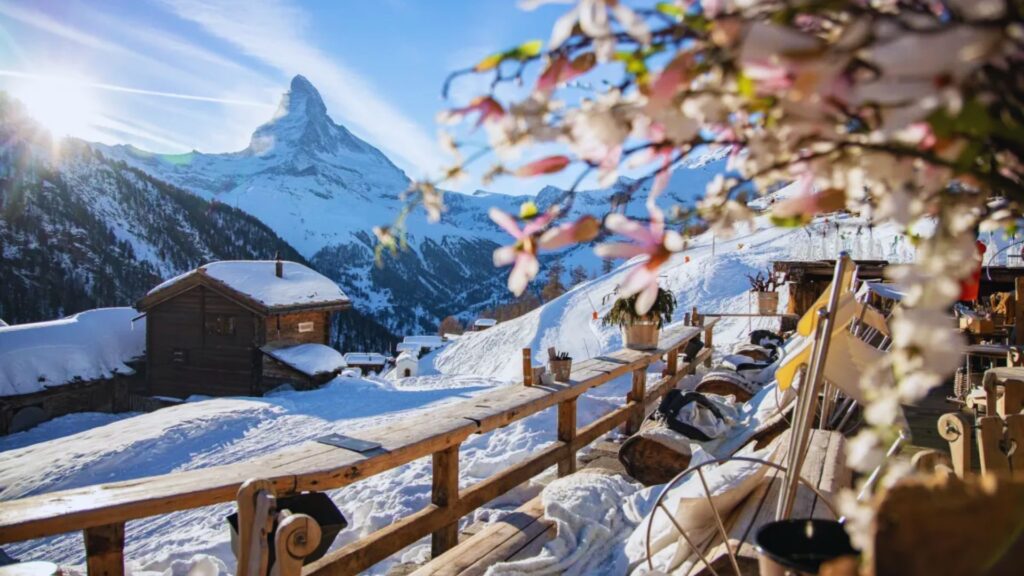
Day 9-10: Geneva – A Cosmopolitan City with a View
Highlights: Jet d’Eau, United Nations, Lake Geneva
Wrap up your trip with a visit to Geneva, a city known for its international vibe and lakeside views.
Things to do:
- Visit the Jet d’Eau, a 140-meter-high water fountain on Lake Geneva, which is one of the city’s landmarks.
- Take a stroll through the Parc des Bastions, home to the famous Reformation Wall.
- Visit the Palais des Nations, the European headquarters of the United Nations (free entry on some days).
- Spend time at the Old Town (Vieille Ville) and explore the Saint Pierre Cathedral.
Accommodation: Hostels in Geneva, such as Geneva Hostel, offer affordable lodging options.
Food Tips: Visit the local markets and bakeries for cheap eats. The Bains des Pâquis café by the lake is a great spot for an affordable meal.
Transport Tips for a Budget Trip in Switzerland
- Swiss Travel Pass: If you plan to travel extensively by train, the Swiss Travel Pass gives you unlimited travel for a certain number of days.
- Regional Passes: Some regions offer their own passes, which can be cheaper than the national ones (e.g., the Tell-Pass in Lucerne).
- SBB Supersaver Tickets: Book tickets in advance through the Swiss Railways (SBB) website for discounts.
Daily Budget Estimate
Here’s a breakdown of what you can expect to spend per day:
| Category | Estimated Cost (per day) |
| Accommodation | CHF 40 – 70 (hostels/Airbnb) |
| Food (self-catering) | CHF 20 – 30 |
| Transport (pass/tickets) | CHF 30 – 50 |
| Attractions | CHF 20 – 40 |
| Total | CHF 110 – 190 |
Final Tips for Your 10-Day Budget Trip
- Pack Smart: Bring layers since the weather can change rapidly in the mountains.
- Travel Light: Avoid excess baggage fees by packing efficiently.
- Local SIM: Get a Swiss SIM card for cheaper mobile data.
- Water: Tap water is safe to drink in Switzerland—carry a reusable water bottle to save money.
Conclusion
A 10-day trip to Switzerland on a budget is absolutely possible with careful planning. By traveling off-season, using public transport, staying in affordable accommodations, and being smart about food choices, you can experience the best of Switzerland without breaking the bank. Start planning now, and get ready to explore one of the most beautiful countries in the world!
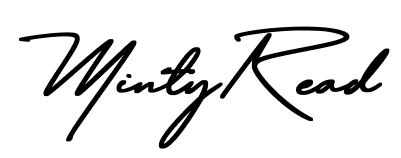
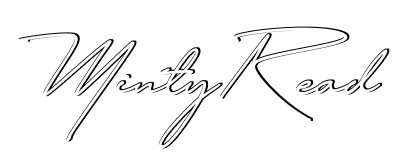



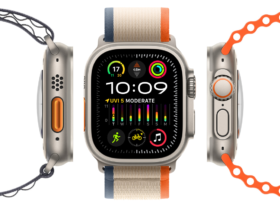

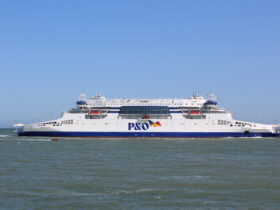




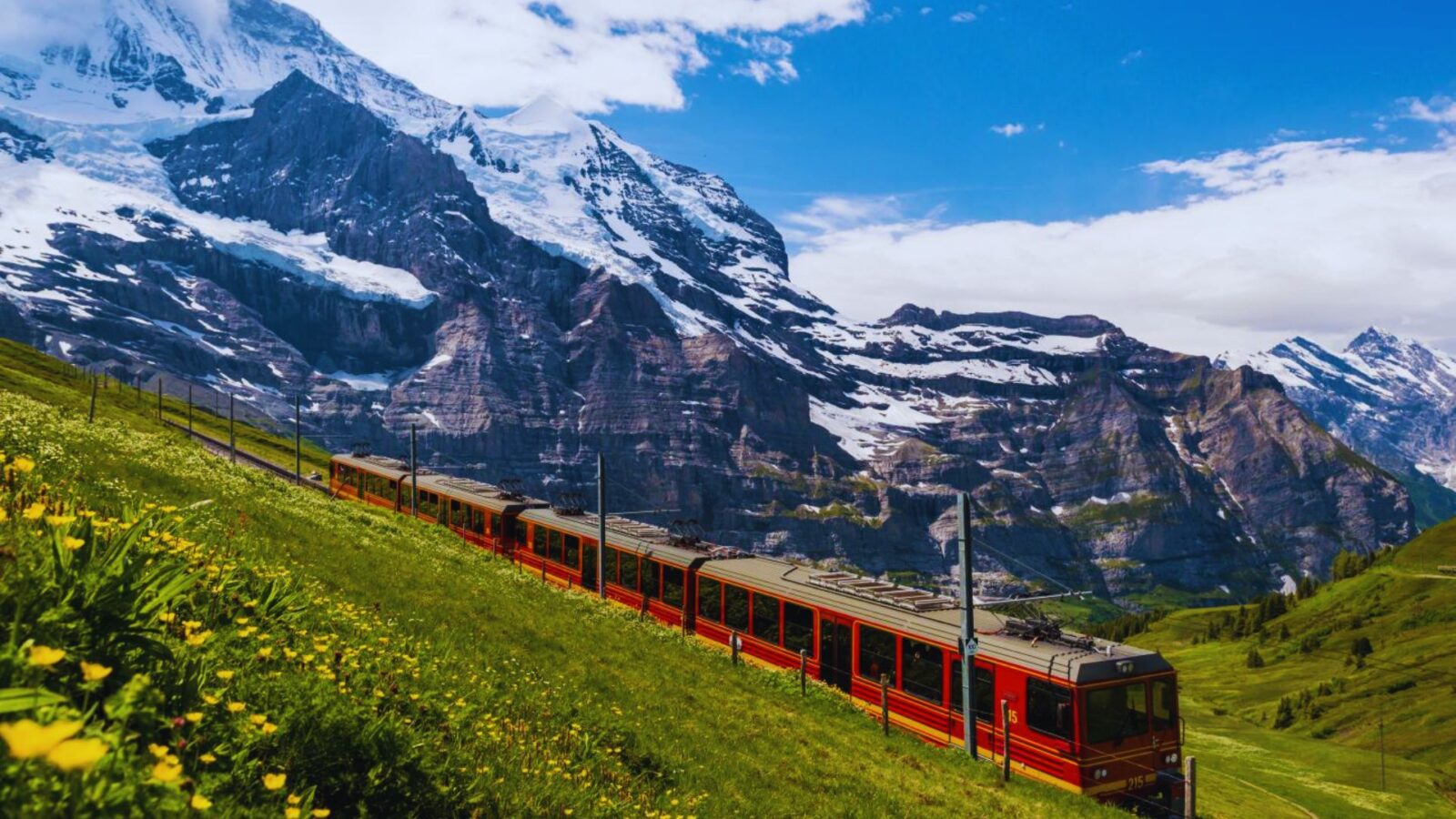
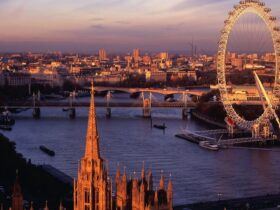



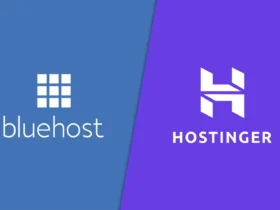
Leave a Reply